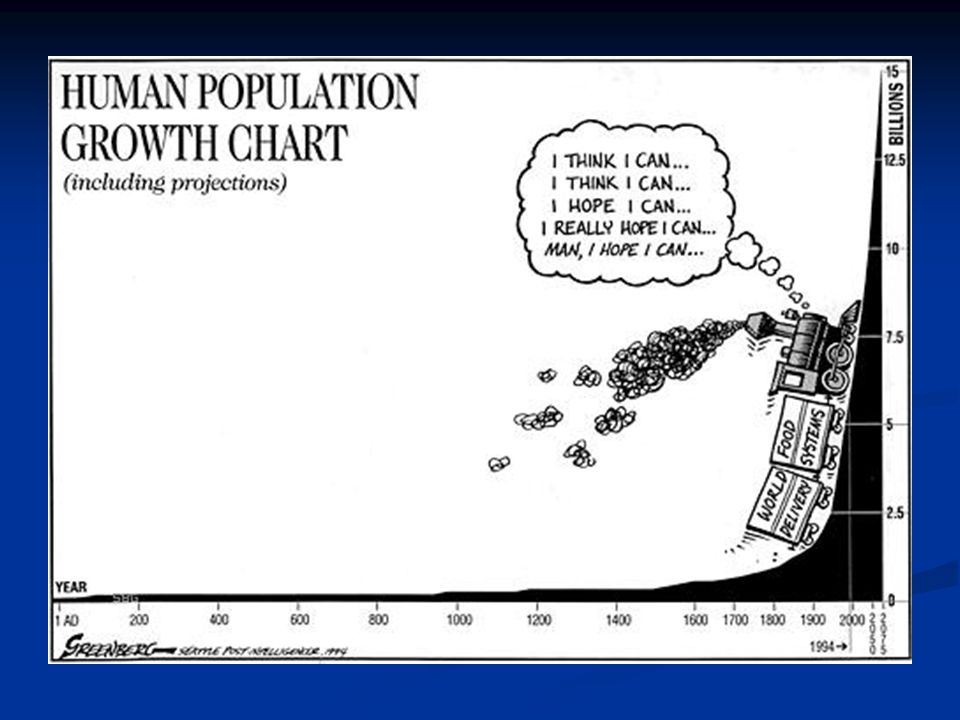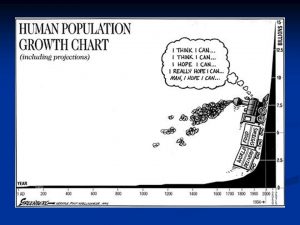
It is often said that memories fade with age, but I have very vivid memories of some places and the places have faded within my lifetime rather than my memory. I find that very sad. I am forcefully reminded of this by recent news that this summer the forecast predicts that there is a 60% chance the Great Barrier Reef will see coral bleaching and this time further south will be more in danger. Given that it takes 10 years for the reef to recover from a bleaching event and that three of the last four years have been hot enough to cause it, I see little hope the reef will ever see a sufficient recovery period again. In less statistical language, it’s stuffed. Notwithstanding the conservative IPCC report gives the reef a sporting chance if climate change can be limited to 1.5C. I first dived the reef about 45 years ago and it blew my mind with life, colour and beauty. I almost forgot to breathe, which is not recommended in the snorkeling handbook. Subsequent dives have been diminished experiences. I don’t think I will go to the reef again, despite it’s tempting proximity. I fear that the youthful memory of my amazement and joy will be overwritten by the grey ghost of the present.
For the same reason I declined an invitation by my darling daughter Alice to accompany her on a trek to Annapurna in Nepal. I had done the same trek decades before and feared the ravages of time. And so it was, with thousands of people on the track where I remembered a dozen, and a hotel where I remembered a pristine snow ridge at base camp among the spectacular mountains. On a previous trip with my daughter to the rift valley lakes of east Africa, I marveled at the sight of hundreds of thousands of flamingos at one of the lakes, to be brought to earth by Nancy, a very well traveled lady from new York, who remarked there was only a quarter of the birds since the last time she was here. From a lady who had been to every country in the world not actively at war, and Antarctica twice, I had to believe her.
Reaching further back, I thought to get a warm nostalgic glow from looking at internet pics of the village where I grew up during the amazing and difficult years from 9 to 17. I found the imposing stone house easily enough, but in the field behind where I had built mud dams on a tiny creek only to have them washed away as the water built up, where I had often shot an air-rifle at the crows in the trees and abruptly given it up in shock and horror when eventually I killed one, where I had ripped out a fingernail after colliding with a rock while sledging (for Queensland readers this is sliding down a snow slope, not tormenting cricket players). Gone, all gone. Now there is a subdivision and suburbia. Sometimes it is best not to look back.
So is this just the nostalgia of an old man, or a real degradation of the environment during my lifetime? I fear it is the latter. Part due simply to increased human population, and a lot more to the accumulating and accelerating effects of pollution. When I was born there was 2.5 billion people on the planet and now it is 7.5 billion, a threefold increase.

world population chart
That alone makes it a different place. I was aware of pollution in my early years in Manchester when if it started to rain everyone one would rush outside to grab the washing off the line. Not because it would get wet, but because it would be covered in black greasy spots as the drops combed soot from the air. The Mersey river nearby had a lurid hue with a noisome stench and the slightest cascade produced thick rafts of dirty yellow foam from the industrial detergents dumped untreated into the water. But in those days it was supposed that pollution was a local problem and nobody imagined that people could pollute the WHOLE WORLD! Indeed some of those local problems have been mitigated and the air in Manchester and London is better now than when I was a child. But now the awful truth is dawning (to Amazonian tribes-people, Mongolian goat-herders, but not Australian politicians) that indeed we are polluting the whole planet.
So I have positioned myself as best I can, in a tropical rainforest in a stable country with tools and self-generated power, practical skills and abilities, reliable water and far from the madding crowd. But no place will be unaffected, no place is an island (don’t even think about pacific island paradises), no place a citadel and I have one fatal flaw in my planning ….. I can’t grow food. I have tried with great labour but little knowledge, and failed miserably. Herculean labours over many years has produced a few bonsai carrots. Any other produce has withered with the galloping rots or been carried off prematurely by the local thieves. Among, but not limited to, the local thieves are 207,450 species of insects, 586 mammals, 763 species of birds and a few bats. OK, I may have exaggerated a bit, but that it what it seems like.
I am so lucky to have been born in a prosperous country, been given an education, lived in prosperous times and not been marched off to war. I have lived most of my time in optimism for the future in awe of the technological advances that have enriched our lives and hoping for a tantalizing glimpse of TOE, the ‘Theory Of Everything’ that explains life, the universe and all that shit. TOE keeps receding over the horizon, rather like fusion power. That’s OK. I think I would have been rather disappointed anyway if the chase ended. What is not OK is that I bequeath a world to my children and grandchildren that is not as beautiful and is more degraded than the one I inherited. It’s not all my fault I hasten to add. I had a lot of help from my cohort of boomers (large consumers not large kangaroos).
So you see I have completed the inevitable cycle from the boundless optimism of youth, to the miserable pessimism of old age. You can find this cycle represented in even the most ancient writings by the most brilliant minds, but they were all wrong. Only I am right! How do I know? Because I have broadband and I am guessing that Aristotle didn’t. So I have much more available data, and more data makes for better judgement doesn’t it? More is better isn’t it? ? ? ? ? ? ? ?
Many species, if not all, experience cycles of boom and bust, most famously but certainly not exclusively locusts. It occurs because they find within their habitat or nearby a rich supply of resources, in most cases food, and they reproduce in uncontrolled fashion until either they exhaust the resources or pollute their environment with their own waste, which then poisons them. Our habitat, because of our technology, is virtually the entire planet, we regard a vastly greater range of materials as resources . As a result, we have reproduced in uncontrolled fashion and continue to do so. For how long can our technology, the train you illustrate, stay on the rails? Which is the steeper asymptotic curve? When will the mass of humanity exceed the mass of our planet? (Yes, I pinched that from a sci-fi story.) Place your bets ladies & gentlemen. But for once we agree on something. I share your pessimism.
As always, enjoy your ponderings ..
I hope your wrong and the TOE energy wise comes before we cannot reverse our way out of this..
Food for thought, if we were supporting 7 Billion on coal burning only , it would be over… We have come
up with liquid/gas/solar/wind since then.. we need the next revolution soon and technically it may be possible.
First grammar. It should be “I hope you’re wrong”. I hope I’m wrong too. My gloomy post was not because I think it impossible to avoid the apocalypse, but that there is not enough political will to avoid it. It’s pedal to the metal as we head for the cliff. A nicely apt metaphor of accelerating a petrol driven car in an act of self-destruction.